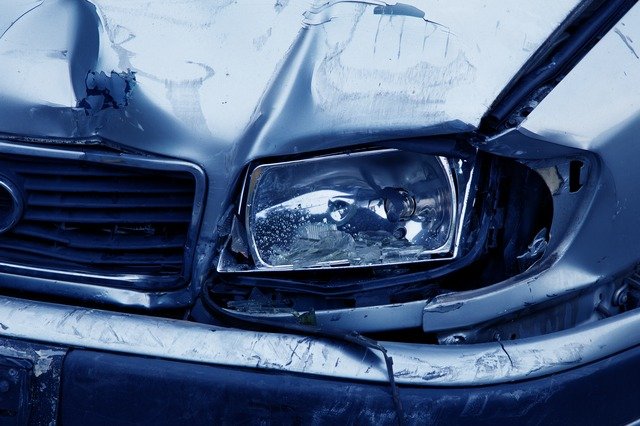Rear-End Car Accidents in Florida: What You Need to Know

Excluding sideswipe collisions, rear-end crashes are among the least dangerous kind of accident. They’re responsible for only a small percentage of traffic fatalities. That doesn’t mean, however, that devastating injuries don’t often result.
Thankfully, if you were seriously hurt in a rear-end collision, you may have grounds for a personal injury claim. As long as you can gather sufficient evidence of both liability and damages, you should be able to seek compensation for the associated losses.
Before you get started, though, here’s what you should know about building such a claim:
1. There Are Several Parties That Could Have Played a Role
Following a rear-end collision, it’s a common misconception that the motorist who was in the back is automatically responsible. While this is often the case, there are a number of scenarios in which other parties are to blame.
Potentially liable parties include:
- The motorist who was in the front;
- Another motorist who was in the vicinity at the time;
- A vehicle or parts manufacturer;
- The government agency that maintains the roadway where the accident occurred;
- A trucker, or the motor carrier that employed them;
- A cargo loading contractor; or
- A mechanic.
2. You’re Going to Have to File a Claim with Your Own Insurer First
Because Florida has a no-fault system, injured parties are typically required to seek compensation from their own insurance carriers, regardless of whether they actually played a role in the wreck in which they were hurt. You may seek compensation from the liable party’s carrier, however, if you max out your own personal injury protection (PIP) coverage and meet the state’s serious injury threshold.
Under tort law, a serious injury is one that results in:
- The loss of a significant bodily function;
- A permanent injury; or
- Scarring or disfigurement.
Accidents that result in death also warrant legal action. The surviving loved ones are entitled to bypass the no-fault system and file a claim against the liable party.
3. You Have a Limited Amount of Time to Take Action
If for some reason you cannot arrive at a satisfactory settlement, you may have no choice but to file a formal lawsuit. Should this be the case, you’re going to have to do so before the applicable deadline passes.
In Florida, injured plaintiffs usually have four years from the date on which they were hurt to take action. As there are a number of exceptions to this statute of limitations, however, it’s advisable to seek legal counsel as soon as possible. Otherwise, you could end up filing your suit after the deadline has passed, in which case the judge will dismiss it.
Discuss Your Claim with a Car Accident Lawyer in West Palm Beach
At Donaldson & Weston, we know just how devastating rear-end collisions can be. If you’re recovering from injuries sustained in such an accident, we’ll help you compile the evidence needed to hold the liable parties accountable. Fill out our Online Contact Form or call 561-299-3999 to schedule a free initial consultation with a car accident attorney in West Palm Beach.
